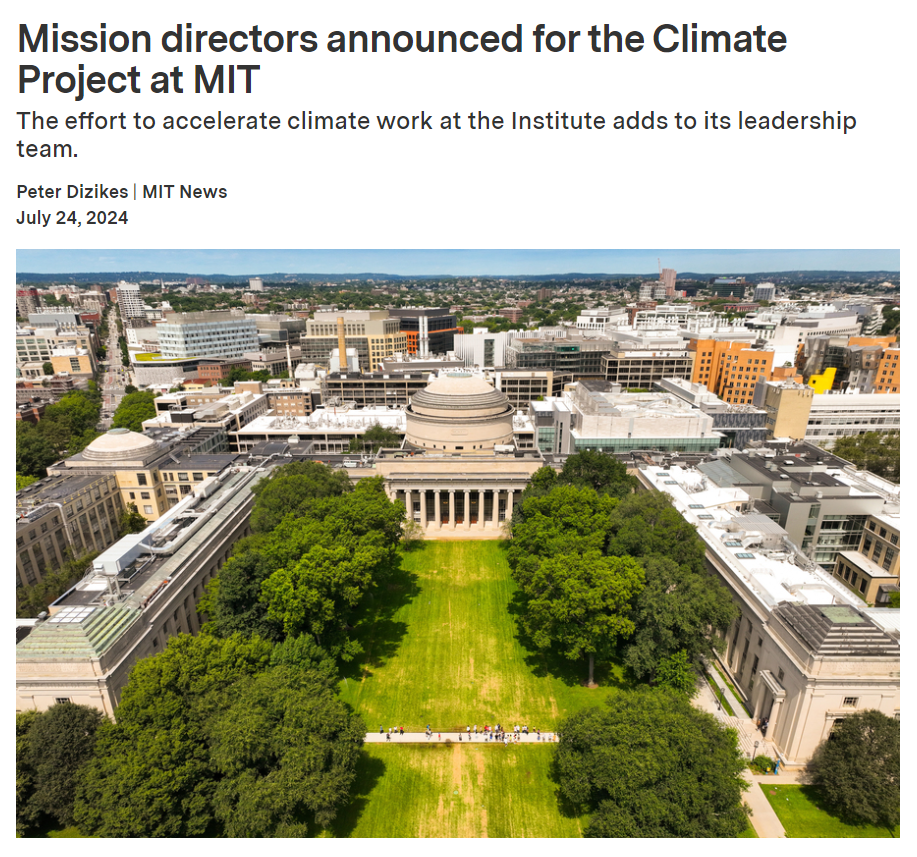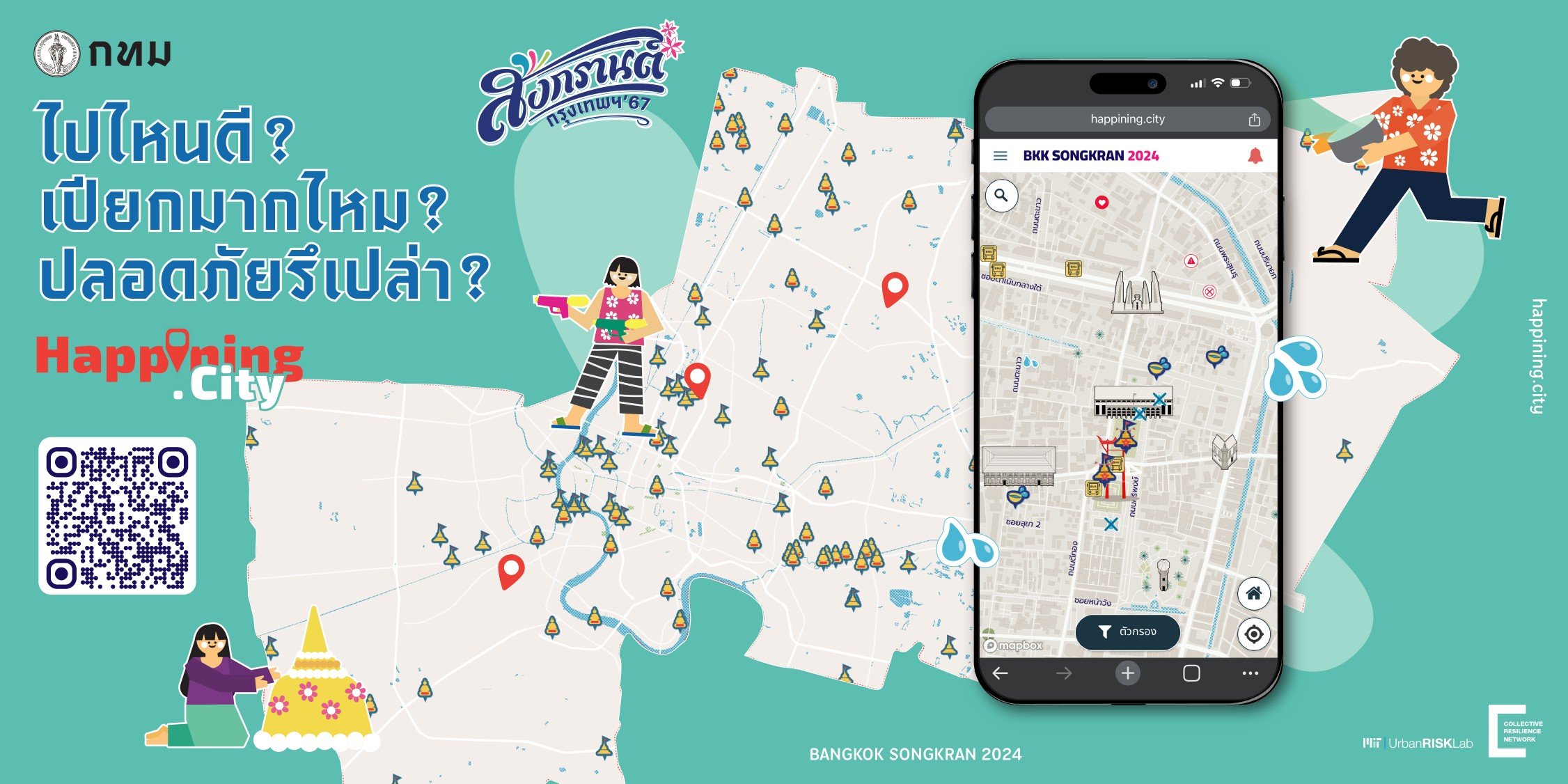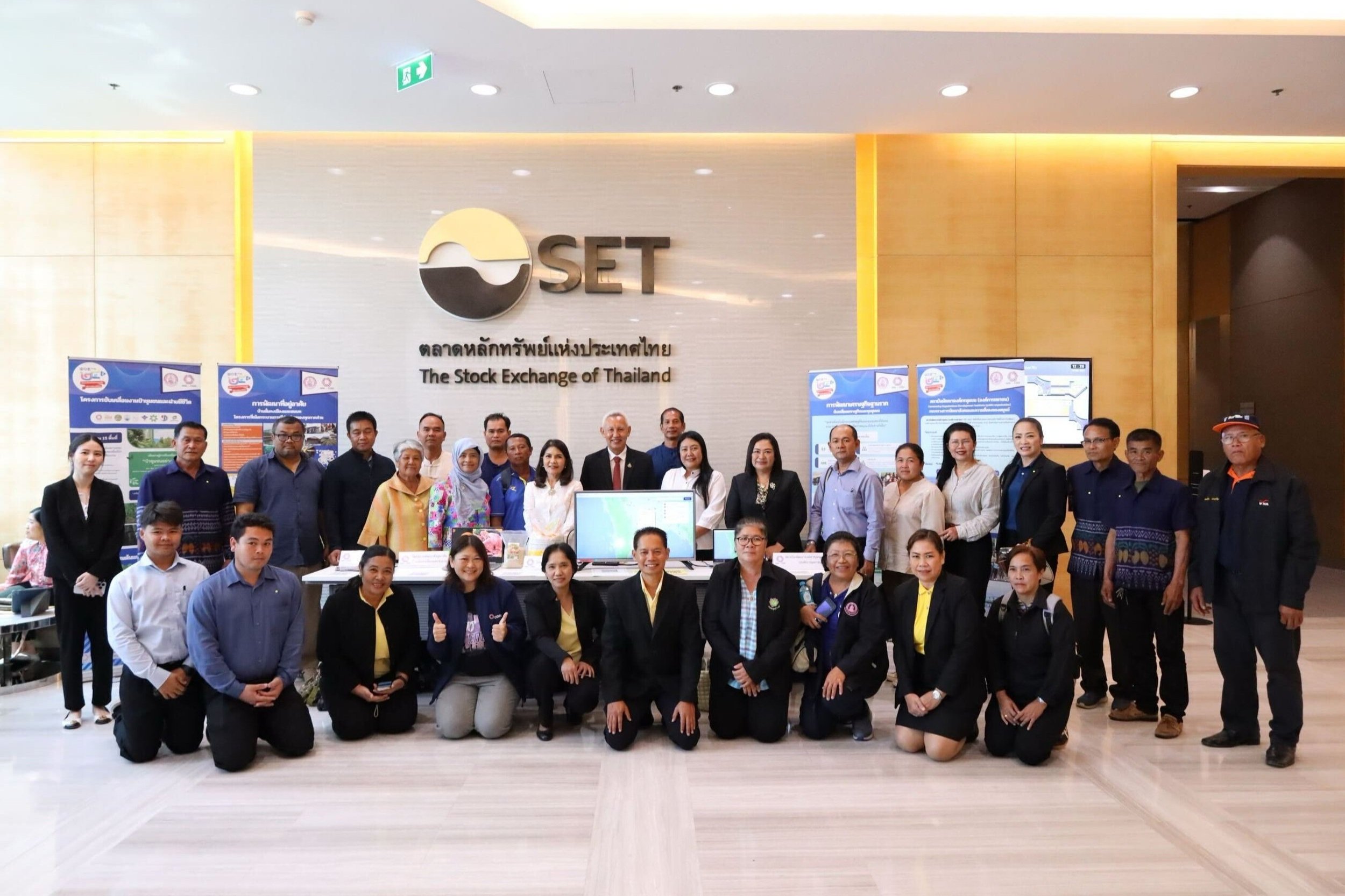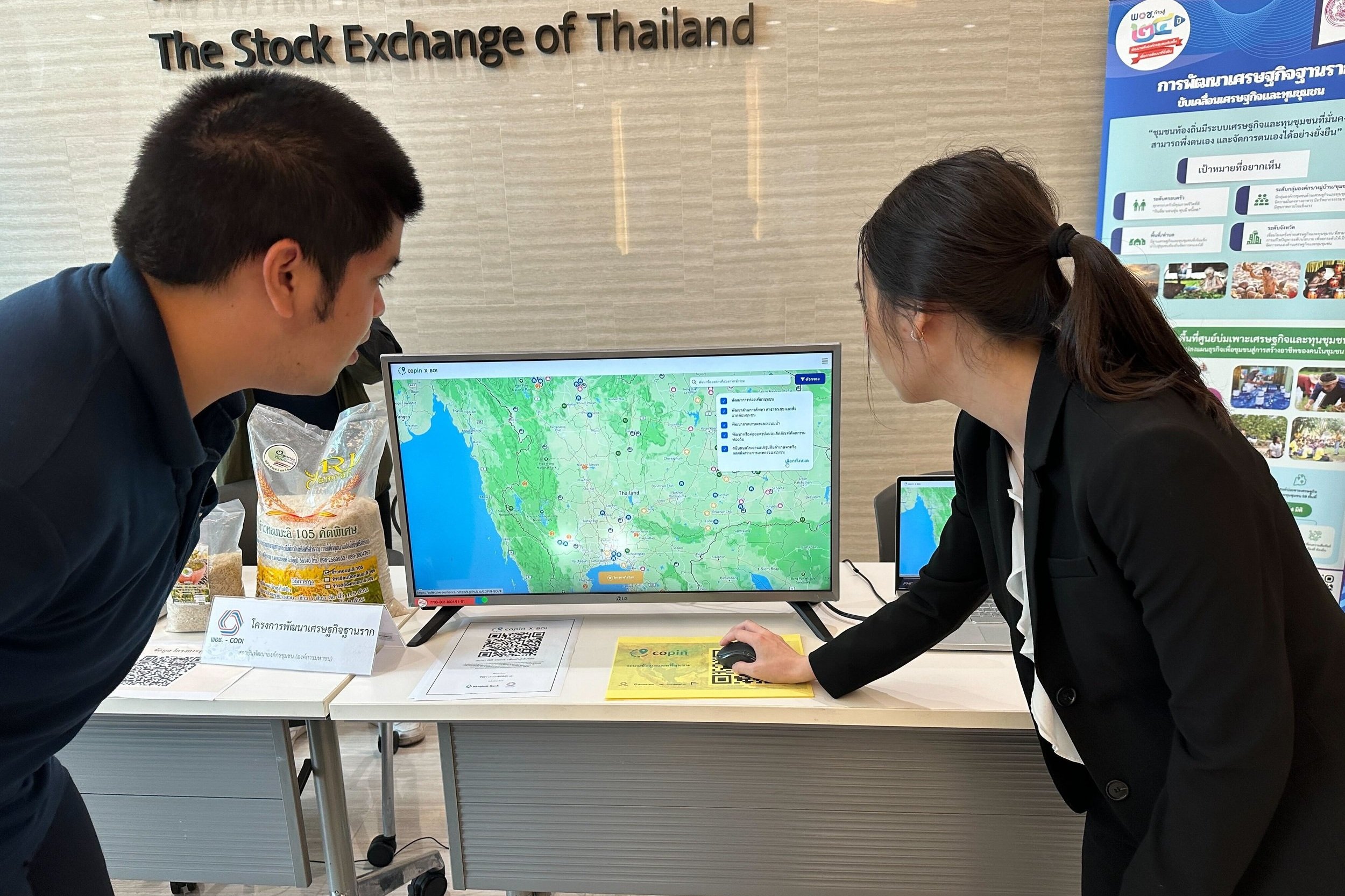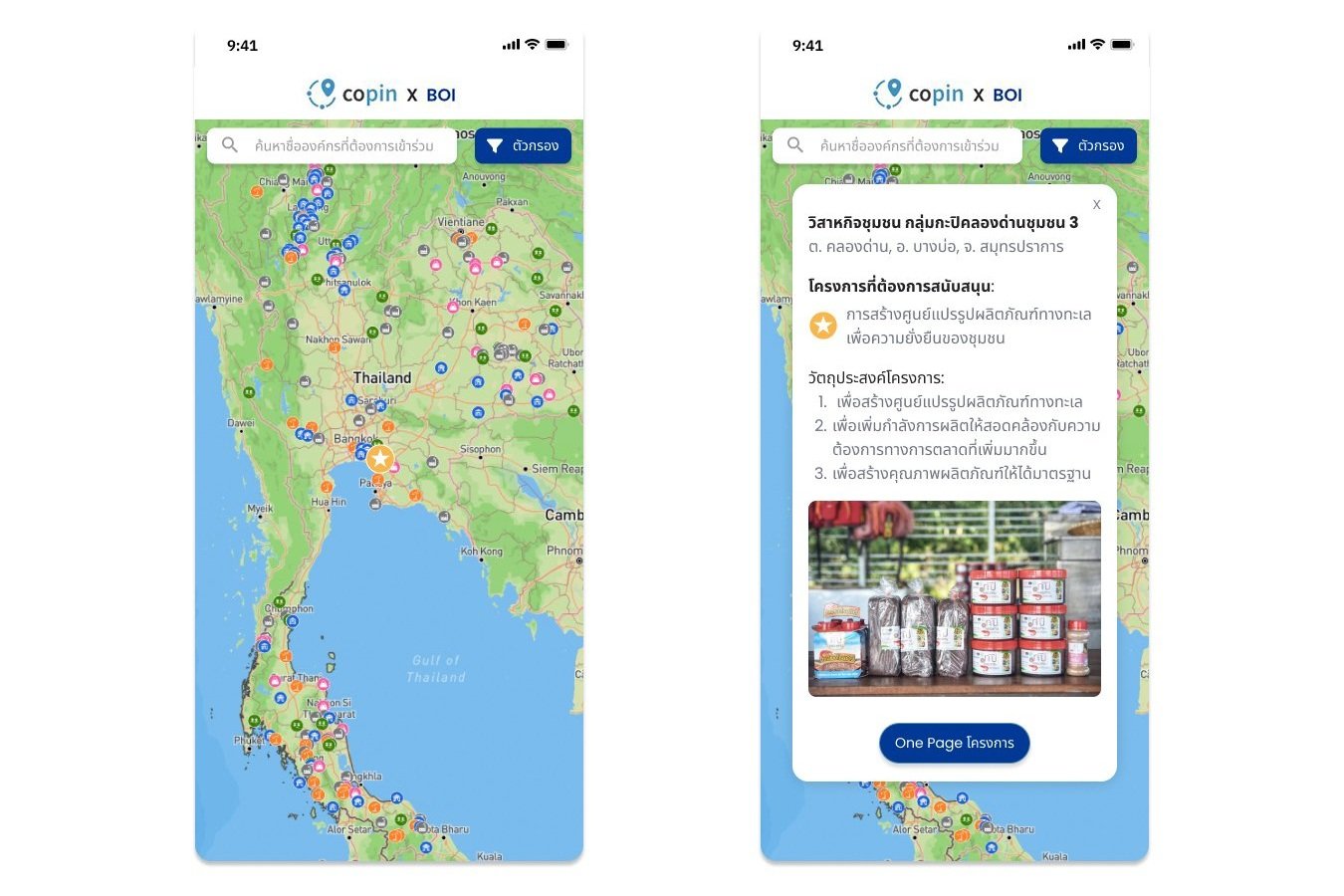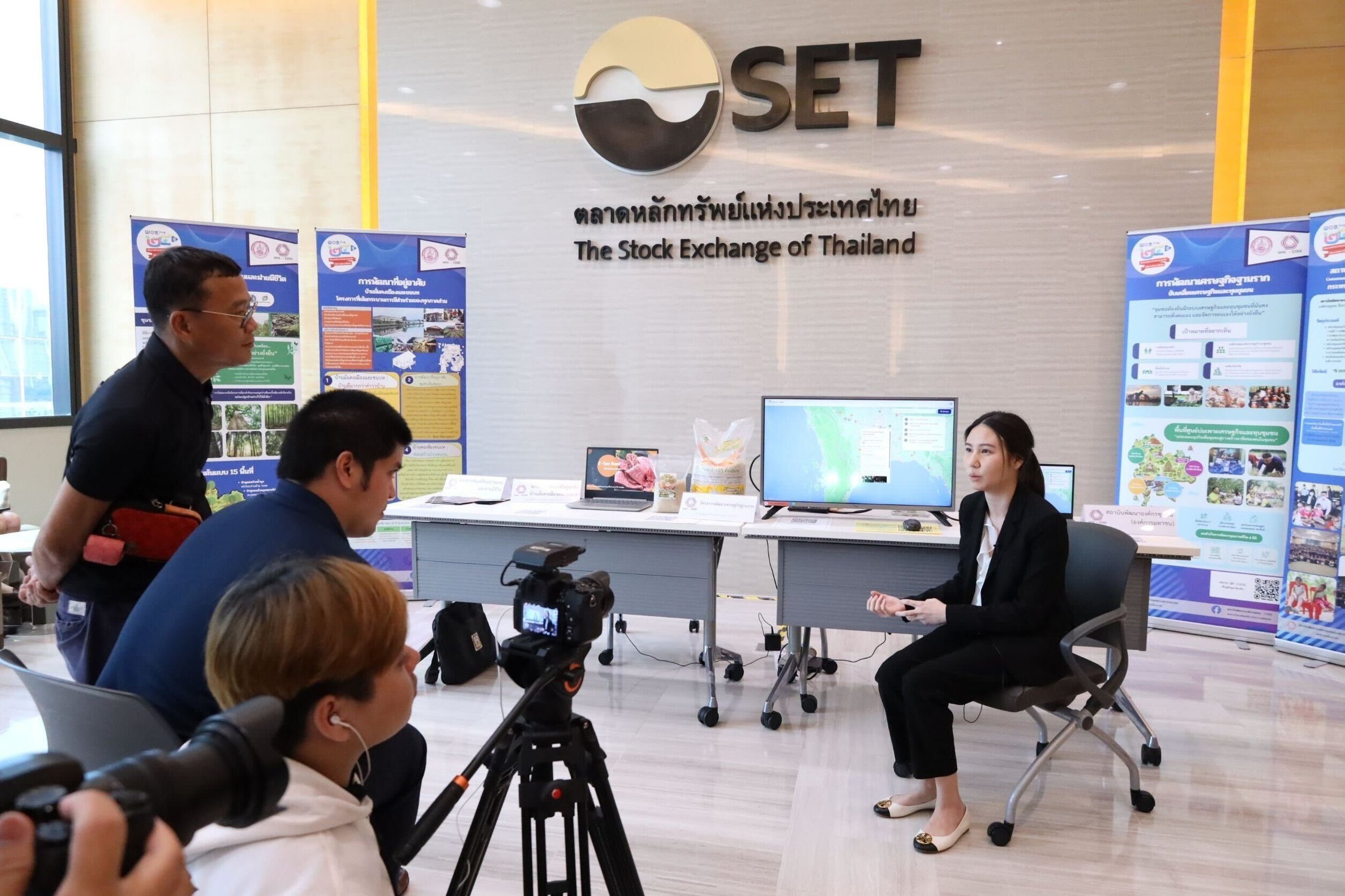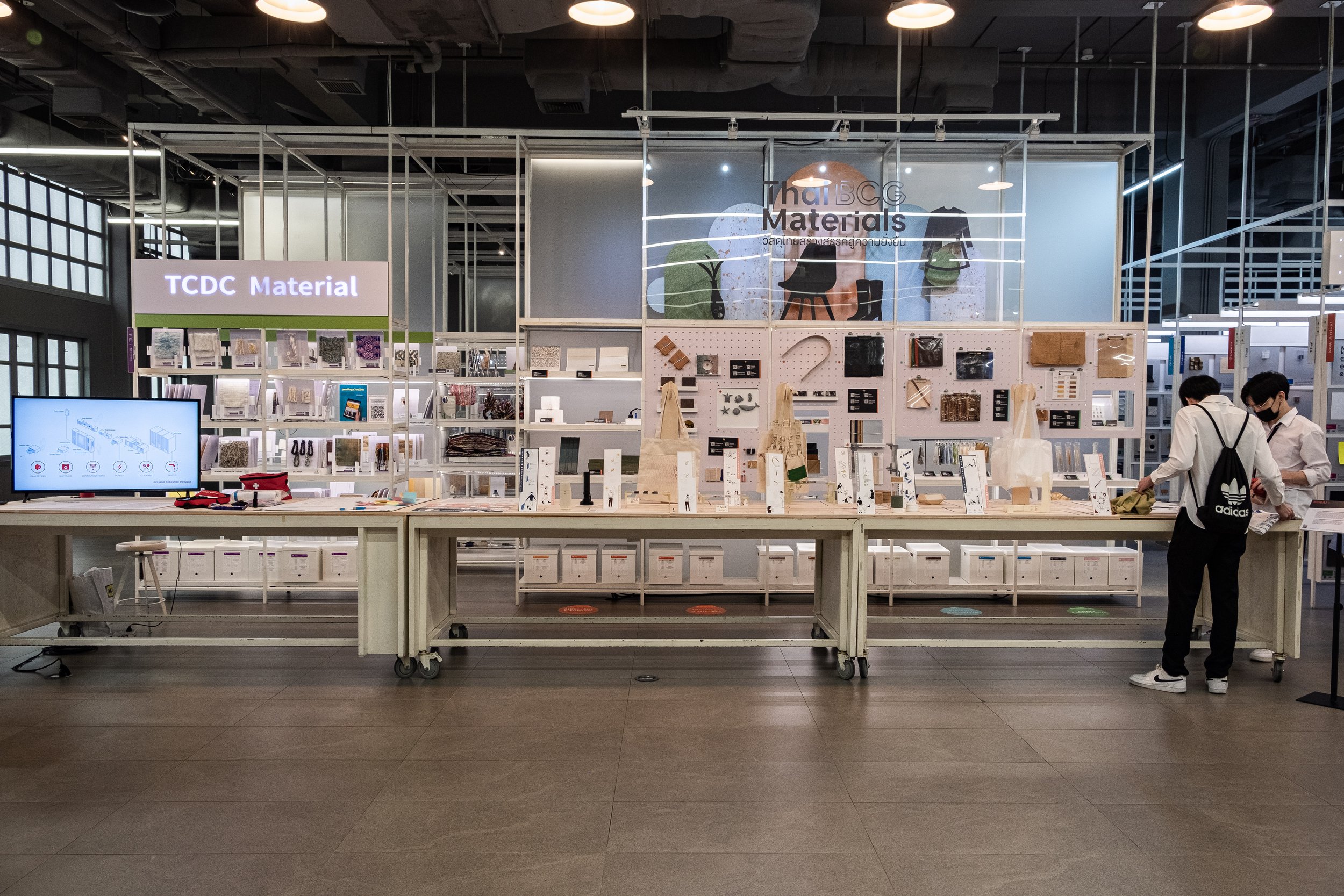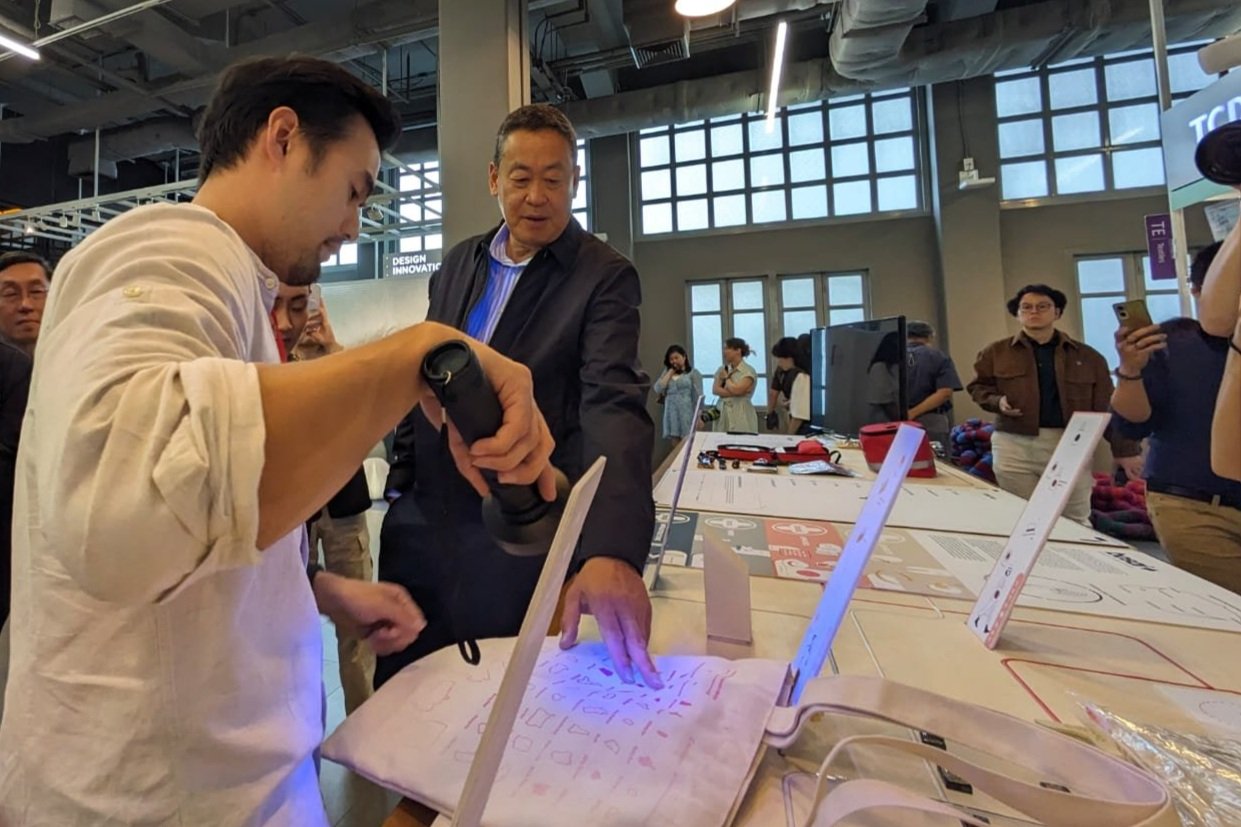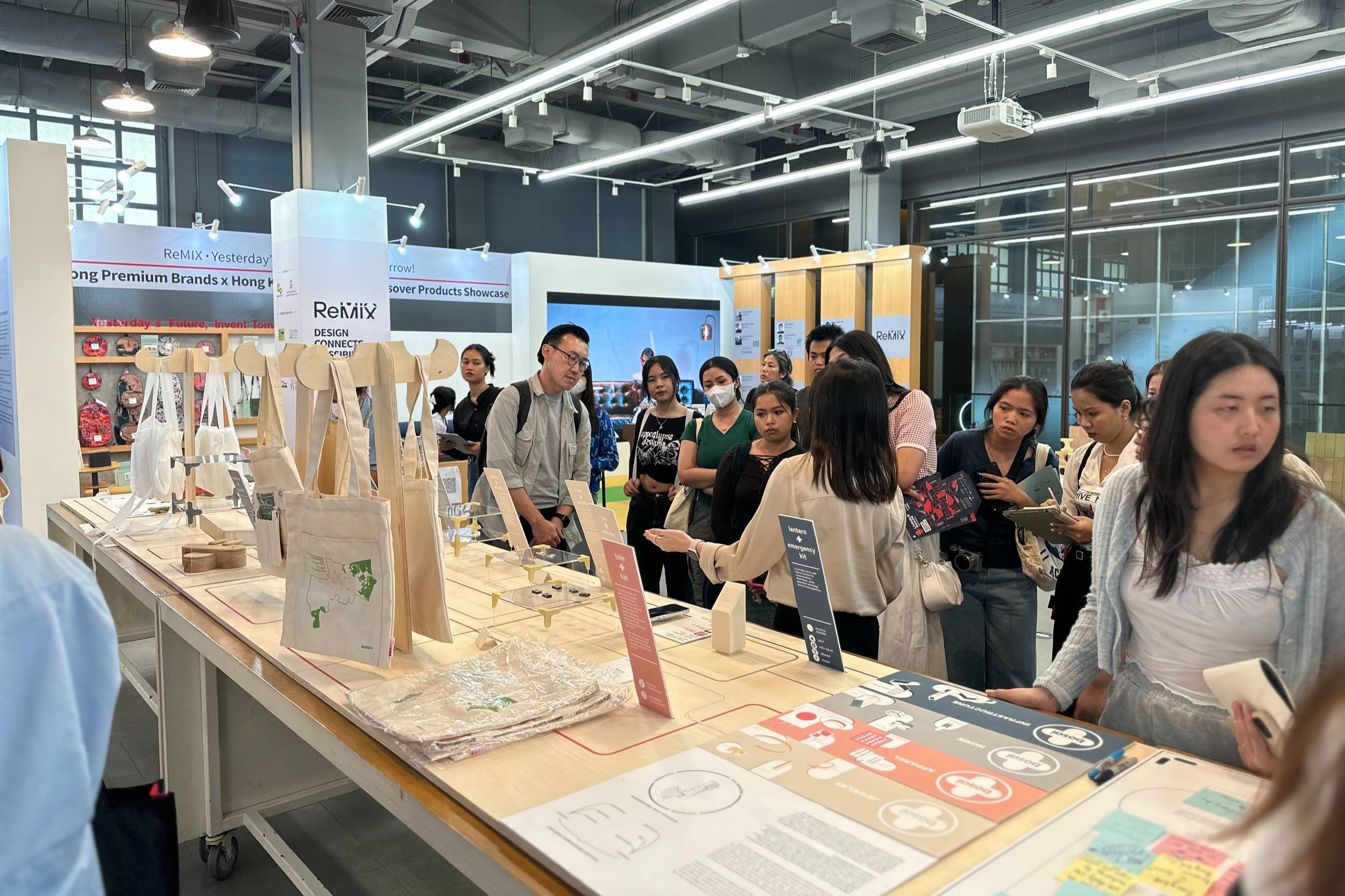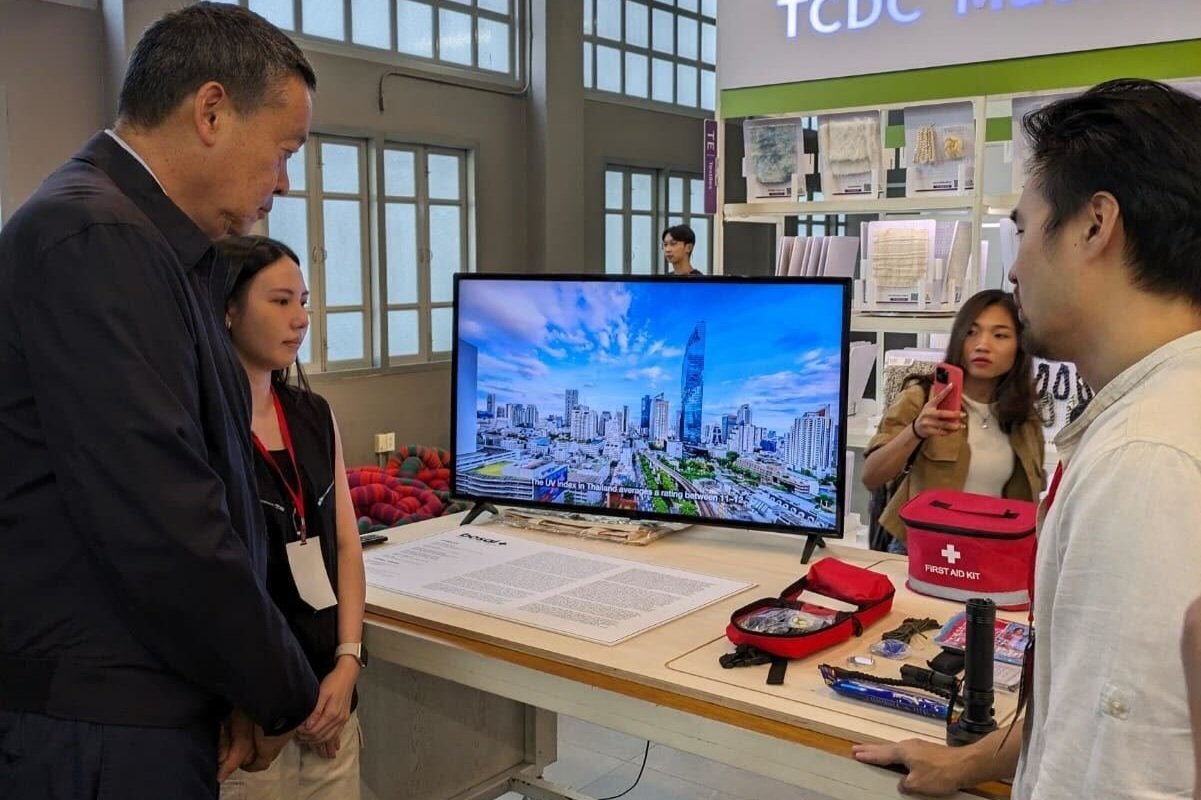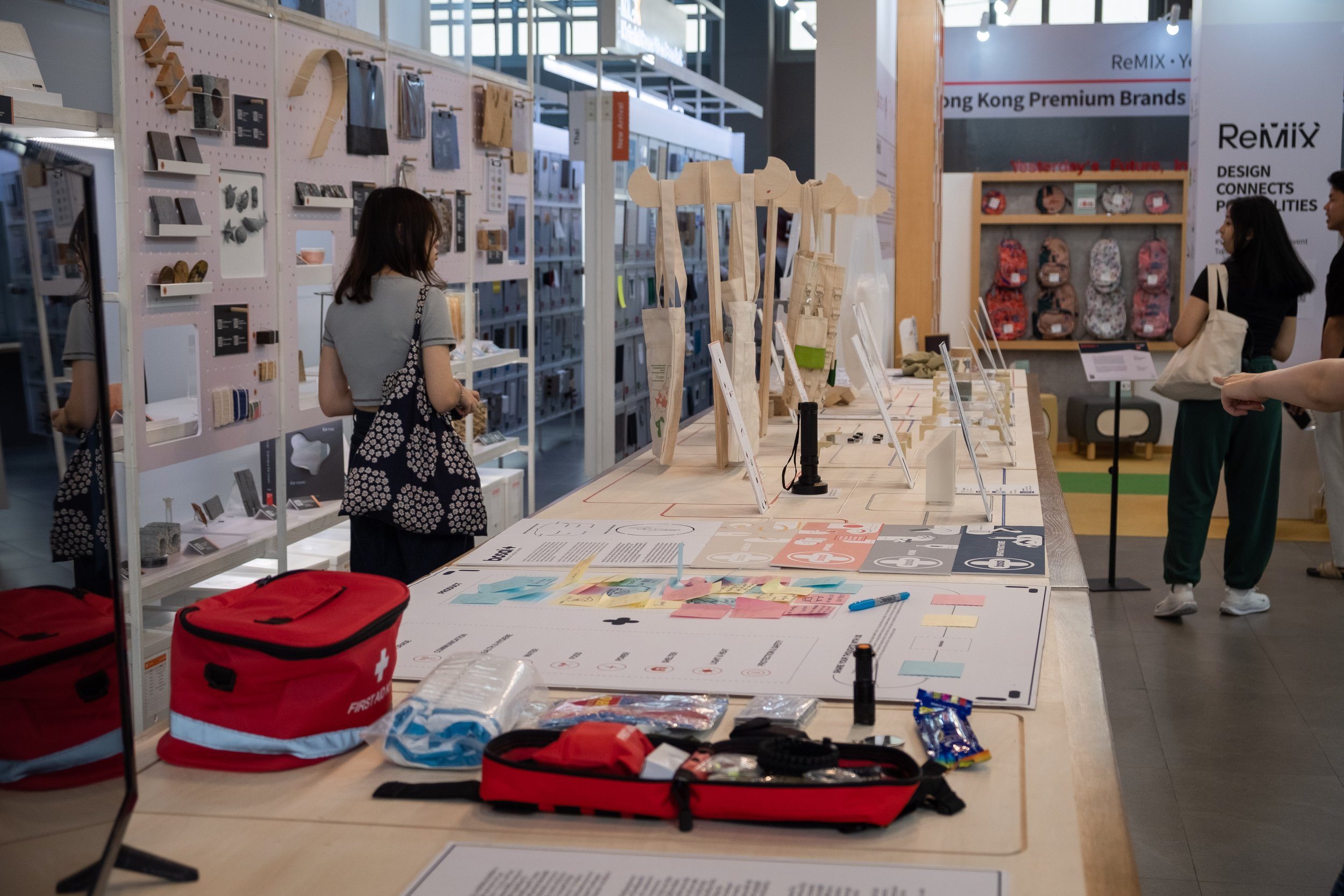On July 27, 2024, MIT Urban Risk Lab researchers Prim Rattanathumawat and Aditya Barve presented a talk entitled "Building Resilience Through Collaborative Community Mapping: Insights from COPIN Thailand" at the International Workshop on Climate-Resilient Development in Southeast Asia at Harvard University in Cambridge, MA.
The presentation focused on the increasing costs of climate-related disasters in Southeast Asia, which disproportionately affect resource-constrained communities. These communities often rely on fragile, informal economies and natural resources, making them particularly vulnerable to cascading effects such as loss of livelihoods and displacement. The talk highlighted the importance of fostering a culture of preparedness at the grassroots level to build resilience among those most at risk.
A key component of the presentation was the introduction of "COPIN," a digital toolkit designed for community-led mapping of resilience attributes in Thailand. This toolkit enables the documentation of essential resources, critical community roles, leadership structures, and climate risk data. By integrating local knowledge into formal response protocols, COPIN enhances local adaptive capacities and reveals hyper-local adaptation opportunities. Additionally, community-led mapping improves the socio-cultural understanding of the landscape — a dimension many official maps fail to capture. The platform also provides a web-based interface to make this information accessible for regional and national resilience efforts. This collaborative approach aims to enhance community preparedness, improve response strategies, and strengthen long-term resilience.
Find more information on the event website.
This workshop was co-hosted by the Harvard-China Project, the Harvard Humanitarian Initiative, the Harvard Asia Center, the Rajawali Foundation Institute for Asia, and the STORIES Project of Ludwig Maximilian University of Munich. It was sponsored by the Harvard Salata Institute and the Harvard Asia Center.

















